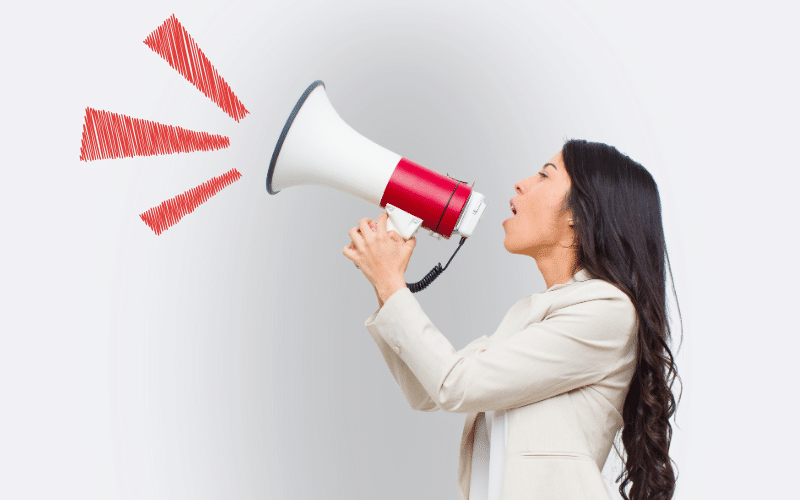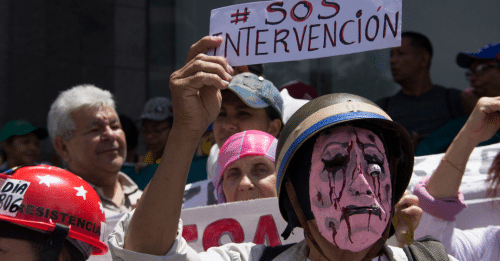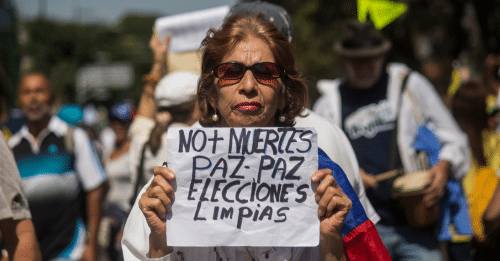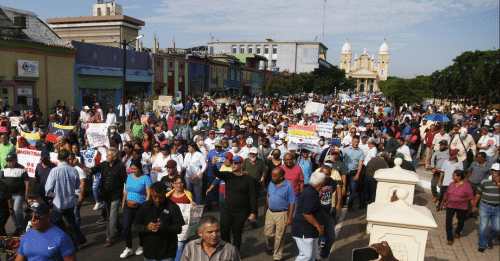Destigmatizing Feminism: The Basics Are Powerful
Despite the progress, hurdles and misconceptions still plague the feminist movement. A basic understanding of feminist principles can help move the needle.

Feminist Stigma is Based on Stereotypes, Misogyny, and Willful Ignorance
I am always shocked when I hear someone say they’re not a feminist or even say that the feminist movement is this crazy new world ideology. It isn’t a “trend” or something that is done to be “edgy.”
The feminist movement is fighting for human lives and for the rights that we should all have when we’re born.
Events like the overturning of Roe v. Wade are more than enough proof of that. If a human being losing autonomy over their own body doesn’t alarm you, I don’t know what will.
In simple terms, feminism advocates for equality between men and women in all aspects of life. The concept has gotten lost for many that choose to not educate themselves on the subject and not only believe, but also spread the false notion that feminism is fighting for the superiority of one gender.
The feminist movement is not an attack on men, far from it. Feminism views all people as human beings deserving of a quality life as it fights against social injustices prevalent in our society.
There’s nothing out of this world about the feminist movement; after all, one would think that there’s no reason for one gender to be lesser than the other in our society when we are all humans. But our world was built upon patriarchy, and men have been the ones in positions of power for far too long.
And yes, the movement is flawed, mainly where it concerns women of color and non-cisgender women. Women of color, queer, and trans women fight for more than just gender equality, and we can’t be truly equal if we solve one issue but not the others.
The effect of poverty, racism, systematic oppression, and homophobia on women of color is also why the concept of intersectionality in feminism was introduced. Coined in 1989 by Kimberlé Crenshaw, she introduces the concept as “a prism for seeing the way in which various forms of inequality often operate together and exacerbate each other.” When different forms of discrimination overlap, we can’t just ignore one for the other, because if we do no equality has been achieved.
The feedoms and struggles of women in the U.S. look different for women in other countries. We need feminism because young girls and women are still fighting for fundamental human rights in many parts of the world.
In most countries in Latin America, for example, abortion is still heavily penalized, and reproductive rights for women are practically nonexistent. With some of the highest poverty rates in the world, access to contraception and sex education is not a given.
Femicide prevails across the world. About 66,000 women and girls are violently killed annually, accounting for approximately 17 percent of all victims of intentional homicides. A report published in 2016 by the Small Arms Survey, showed that “among 25 countries with the highest rates of femicide in the world, 14 are from Latin America and the Caribbean.”
El Salvador and Honduras stand out with rates of more than ten female homicides per 100,000 women. The level of violence affecting women in El Salvador and Honduras exceeds the combined rate of male and female homicides in some of the 40 countries with the highest murder rates in the world, such as Ecuador, Nicaragua, and Tanzania.
Body autonomy and violence are just a few of the issues in the fight for equality. Phrases like, “I’m not one of those crazy feminists” or “women aren’t oppressed,” need to be used as teachable moments rather than just brushed off casually as just another knock on women. The more we destigmatize the word, the more we can actually achieve understanding from those who are willing to listen and learn.



